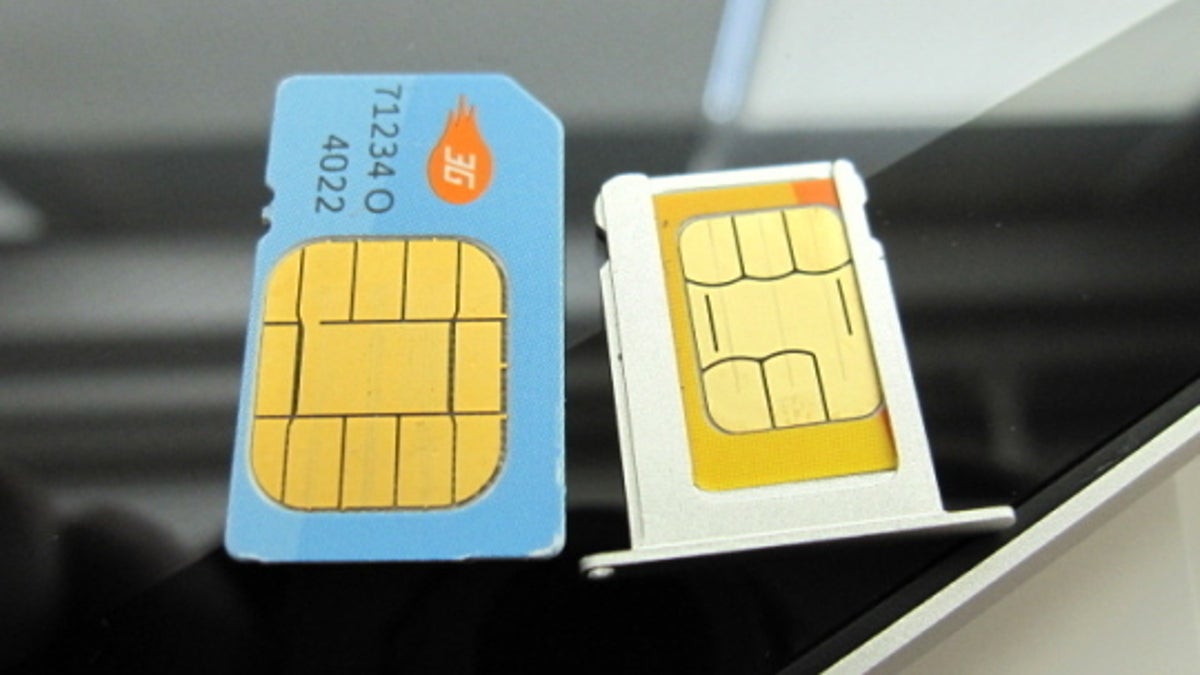Apple: We'll hand out nano-SIM for free--on one condition
The company has reportedly sent a letter to the European Telecommunications Standards Institute offering to hand over its nano-SIM technology at no cost.

Apple's nano-SIM technology, which could eventually become the new SIM card standard in mobile devices, might be one step closer to approval.
According to FOSS Patents' Florian Mueller, citing a "perfectly reliable source," Apple last week sent a letter to the European Telecommunications Standards Institute (ETSI), saying that if its nano-SIM technology is approved by the organization, it would offer its patents to fellow mobile device makers at no cost. That stands in stark contrast to many other essential technologies in the mobile space that are only provided to companies for a fee.
That said, Apple did offer up a caveat, according to Mueller. In order for the company to withhold royalty charges on the nano-SIM technologies mobile device makers would need, those firms must adopt Apple's technology as an industry standard and offer the "same terms in accordance with the principle of reciprocity."
Last week, the Financial Times reported that Apple, Motorola Mobility, Research In Motion, and Nokia are all hoping to make their technologies the nano-SIM standard. The nano-SIM is a smaller version of the micro-SIM, but comes with additional space to include more functionality. SIM cards hold a user's phone number, as well as their mobile identity on a cellular network. After putting the cards into a new device, all of the person's information is preserved.
Apple has so far been able to win over major European carriers, but its competitors say that adopting Apple's offering could hurt the industry by giving the iPhone maker too much control. Seeing the opposition coming, Apple has reportedly tried to "significantly" increase its voting power at ETSI by registering six European subsidies with the governing body. Subsidiaries with 8 billion euros or more in revenue are allowed up to 45 votes. Considering Apple's wealth, the company could quickly overshadow Nokia's 92 total votes.
The vote to decide which technology will become the nano-SIM standard is scheduled to be held later this week. It's more than likely that Nokia, Motorola, and Apple's other competitors will throw their weight behind their own technologies, leaving the field wide open for one party to win. Inevitably, it comes down to which firm can woo the most carriers and other industry insiders. Will Apple's free offer be enough to do that?
Apple did not immediately respond to CNET's request for comment.

